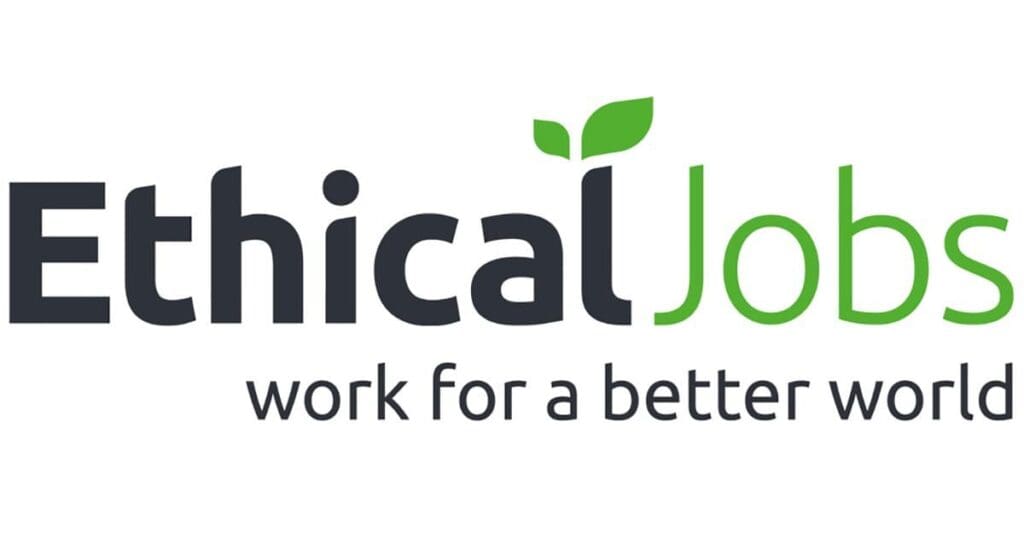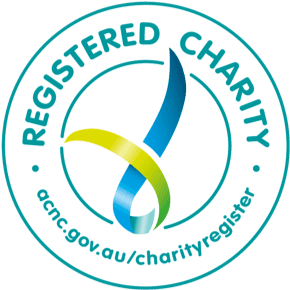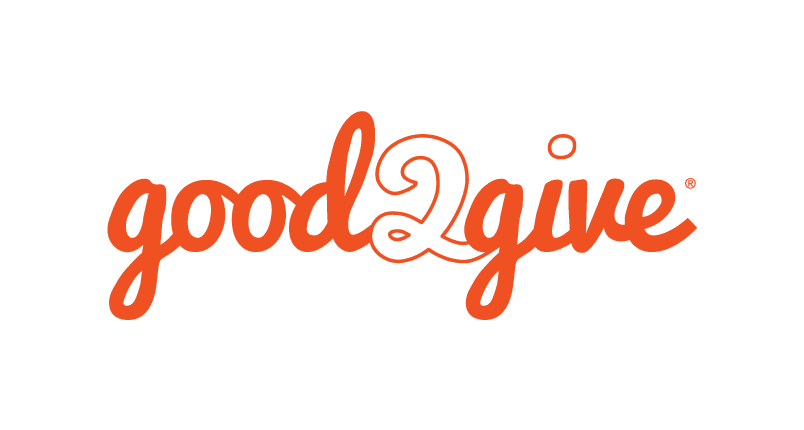Birth Trauma Awareness Week (BTAW) is held in July each year. The theme for 2024 is Informed Consent.
Birth Trauma Awareness Week (BTAW) is held in July each year. The theme for 2024 is Informed Consent.
The debate around informed consent (permission) in prenatal and birthing care is ongoing among maternity experts, families, and the government, especially after the NSW Parliamentary Inquiry.
Because informed consent is essential for respectful maternity care. Everyone deserves to know their choices, risks, and alternatives during childbirth. Everyone has the right to make the decisions that are right for them. Yet, in healthcare, this principle is often ignored or misunderstood, potentially causing trauma for birthing individuals and families.
In light of the ongoing parliamentary inquiry into birth trauma, the timing of this year’s theme couldn’t be more important. By raising awareness about informed consent, we aim to spark meaningful conversations, drive policy change, and, ultimately, prevent unnecessary birth trauma.
Join us as we advocate for a future where every birth is supported by informed, respectful, and compassionate care. Together, let’s make informed consent not just a concept but a reality for all. Stay tuned for a week filled with insightful discussions, educational resources, and opportunities to make a difference.
Together, we can create a world where every birthing individual feels empowered, respected.
1 in 10 women emerges from childbirth with PTSD. The devastating impacts of this type of trauma suffer from a lack of awareness and progress, meaning that families continue to suffer in silence.
We will spread evidence-based information so that we can better prevent, diagnose and treat this type of trauma.
We aim to elevate the voices of parents and health professionals impacted by this silent epidemic by sharing their stories and real-life experiences and getting them in front of as many people as possible.
We want impacted individuals to know that they do not need to suffer in silence.
Postpartum PTSD is probably more common than most people realise. For some, symptoms of trauma may be treated as depression or anxiety. For others, ongoing symptoms aren’t noticed until some months after the birth – they may have been managed until they become too difficult to cope with. Lots of people may not realise they have trauma until they are pregnant or trying to conceive a second time.
We advocate improving screening and access to treatment, including greater access to affordable treatment options and, ultimately, better outcomes for all those affected.
As a volunteer-led organisation, we rely on donations so we can continue working towards our vision for physically and psychologically safer births and better postnatal care.

Join us in our proud collaboration with Ethical Jobs, as we continue fundraising during Birth Trauma Awareness Week. Together, we’re igniting change, raising vital funds, and spreading crucial awareness for those impacted.
Spread the word on social media by sharing these images.
Don’t forget to tag @birthtrauma.org.au and use #BTAW2023 in your social posts.


Safer births and better healing.
PO Box 403
Buderim QLD 4556
0412 445 770
support@birthtrauma.org.au
The information on this website is not meant to replace advice provided by a health professional.
Copyright © 2025. All Rights Reserved.
BTA is proud to work with the National Relay Service and Translation and Interpreting Service (TIS).
Artwork kindly provided by Hayley Wills
Recommended by Health Direct


PO Box 403
Buderim QLD 4556
0412 445 770
support@birthtrauma.org.au
The information on this website is not meant to replace advice provided by a health professional.
Copyright © 2020. All Rights Reserved.